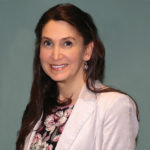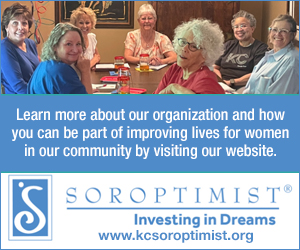
Feeling Helpless in the Face of an Eating Disorder
An eating disorder is a serious and complex mental illness. In an effort to help your loved one, you may find yourself in a power struggle to control their eating behaviors. The relationship with your loved one may become strained, and other aspects of your relationship neglected. Involving the family becomes a necessary, key component of eating disorder treatment.
Family Therapy is a platform of support and though it may be difficult to engage, studies indicate that chances of recovery increase and relapse rates decrease when family is included in the patient’s treatment. For the family, therapy can provide insight into the struggle the person with an eating disorder is facing. For the patient, family therapy offers an opportunity to help them work through triggers, to which the family may unknowingly contribute. Communication typically improves as a result of family therapy, which often leads to better understanding of how to talk about the disorder and what to say when a family member is in trouble, as well as how to spot signs of a relapse.
Additional benefits of Family Therapy include education on how eating disorders are treated; understanding the caregiver’s role and how to offer support; and practicing communication and being honest. Family members learn how to create structure to achieve family goals and how to apply the therapy in their everyday lives.
At EDCare, Family Therapy is based on an empowerment model. “We strongly believe that families do not cause eating disorders, while recognizing that families can sometimes unintentionally create roadblocks to recovery. We also believe that everyone in the family has been in some way affected by the eating disorder and as a result, communication among family members often breaks down. Our family therapists utilize a strength-based, supportive and recovery-focused approach to help families unlock their potential to be healthy,” said Dr. Sheila Swearngin. ■
You are not alone. Help is just a phone call away. Contact EDCare at 844.845.3922 (toll free) or 913.945.1277 (local). You can also learn more about eating disorders and EDCare services at eatingdisorder.care.
Written by: Dr. Sheila Swearngin
Dr. Sheila Swearngin, program director of EDCare Kansas City, is a licensed psychologist in both Missouri and Kansas and is a Certified Eating Disorder Specialist through the International Association of Eating Disorder Professionals Foundation. She has an MA in clinical psychology and a PhD in counseling psychology from the University of Missouri in Kansas City. She completed her pre-doctoral internship at the University of Kansas School of Medicine in Wichita and Wichita State University.










